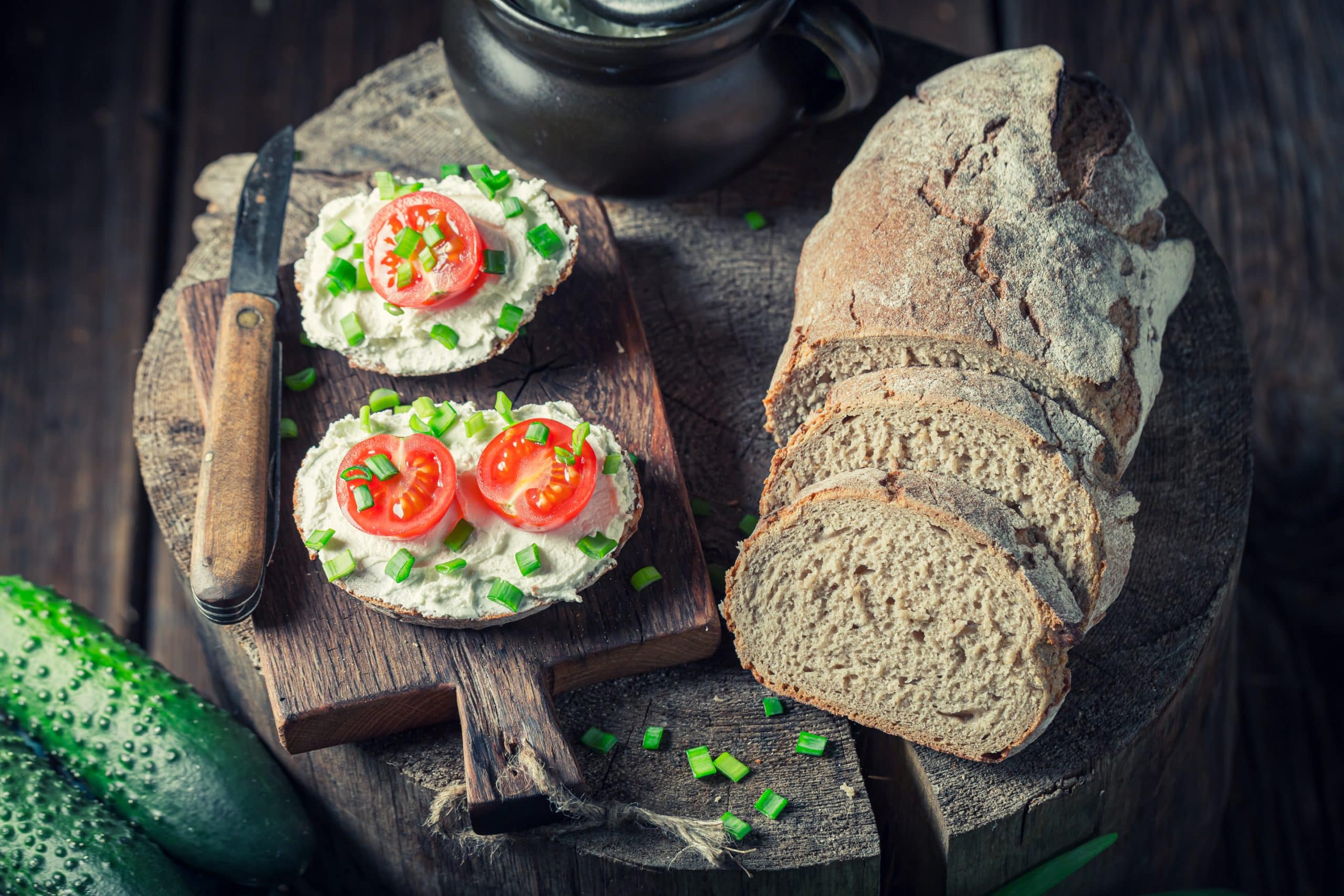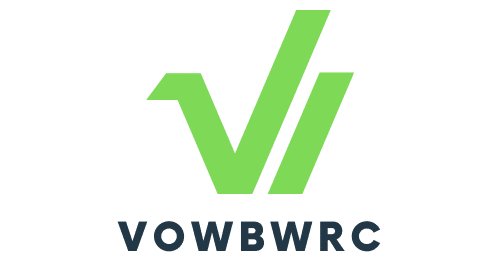How Does Artisanal Cheesemaking at Home Foster Mental Well-being and Creativity?

Cheese, that beloved food product cherished worldwide, carries within its creamy folds a story of tradition, innovation, and local pride. For many, cheese is more than just food – it’s a way of life. This is particularly true in Maryland, where local artisans take pride in crafting their own cheeses using traditional methods passed down through generations. But the benefits of artisanal cheesemaking don’t stop at the mouthwatering taste of the end product. The process of making cheese at home can also foster mental well-being and spark creativity, offering a unique blend of sensory, intellectual, and emotional rewards.
The Artisanal Cheesemaking Process
Artisanal cheesemaking is a journey of transformation that begins with one simple ingredient: milk. Whether it comes from a cow, goat, or sheep, milk is the magical substance that, with the right blend of time, temperature, and technique, can become a stunning array of cheeses.
En parallèle : Can Consuming Prebiotic-Rich Foods Alleviate Anxiety and Improve Gut-Brain Axis Function?
To make cheese, you first heat the milk and add a starter culture, which is a blend of bacteria that will convert the lactose in the milk into lactic acid. This process, called fermentation, is what gives cheese its distinctive tangy flavor. Next, you add rennet — an enzyme that causes the milk to coagulate and form curds. Once the curds have reached the desired firmness, they are cut to release the whey, or liquid part of the milk. The curds are then cooked, pressed to expel any remaining whey, and finally, aged to develop their flavor.
The Therapeutic Effects of Cheesemaking
Cheesemaking is a therapeutic process that promotes mental well-being in several ways. Firstly, it requires focus and attention to detail. From monitoring the temperature of the milk to timing the aging process just right, cheesemaking requires you to be fully present in the moment. This mindful approach can help to reduce stress and anxiety, and promote a sense of calm and tranquility.
A voir aussi : What Role Can Urban Wildlife Conservation Play in Enhancing Community Health?
Moreover, there is something profoundly satisfying about creating something tangible with your own two hands. In our increasingly digital world, it can be easy to feel disconnected from the physical realm. Cheesemaking offers a chance to reconnect with the material world, and to experience the joy of seeing, touching, and tasting the fruits of your labor.
Fostering Creativity Through Cheesemaking
When it comes to cheesemaking, there’s plenty of room for creativity. Once you’ve mastered the basics, you can begin to play around with different types of milk, cultures, and aging processes to create your own unique cheeses. You can also experiment with adding herbs, spices, and other flavorings to your cheeses, or even try your hand at making more complex varieties like blue cheese or camembert.
Cheesemaking encourages you to think outside the box and to try new things, fostering a spirit of innovation and adventure. It also allows you to express your individuality, as each cheese you make will bear the unique stamp of your personal touch.
The Social and Community Aspects of Cheesemaking
Cheesemaking is not just an individual pursuit, but also a communal one. In Maryland, many communities come together to celebrate the tradition of cheesemaking, hosting cheese festivals and competitions, and forming cheese clubs where members can share their creations and learn from one another.
Sharing your homemade cheeses with friends, family, and neighbors not only spreads the joy of delicious, handcrafted food, but also strengthens social connections and fosters a sense of community. In this way, cheesemaking can contribute to your overall well-being by helping you to feel more connected to the people and the world around you.
The Environmental and Local Economic Impact of Homestead Cheesemaking
Finally, making your own cheese can have a positive impact on the environment and the local economy. By sourcing your milk from local farms, you’re supporting local farmers and contributing to the sustainability of your community. Plus, homemade cheese produces less waste than factory-made cheese, as it does not require plastic packaging or long-distance transportation.
Therefore, the act of cheesemaking aligns well with a lifestyle that values sustainability, self-sufficiency, and a close connection to the natural world. This alignment can contribute to a feeling of purpose and satisfaction, enhancing your overall sense of well-being.
In conclusion, the practice of artisanal cheesemaking at home offers much more than just the pleasure of eating delicious cheese. It can also foster mental well-being, spark creativity, strengthen social connections, and contribute to environmental sustainability. So why not give it a try? The journey of cheesemaking is one of discovery, innovation, and connection, and it’s a journey well worth taking.
The Role of Raw Milk in Artisan Cheesemaking
There is little doubt that using raw milk in producing your homemade cheese allows for a richer, more nuanced flavor profile. This is largely due to the presence of natural bacterial cultures, which can lend a unique character to each batch of cheese. While pasteurized milk is often used in commercial cheese production, the heat treatment process can eliminate these flavorful microbes. On the contrary, raw milk carries these cultures naturally, and as a result, can produce cheeses with a depth of flavor that is unmatched by those made with pasteurized milk.
Furthermore, sourcing your milk from local farmers not only contributes to community sustainability but also gives you the opportunity to learn more about the animals that produce your milk and their feeding and care practices. You might find that the quality of milk changes with the seasons or the diet of the animals, and these variations can lead to exciting discoveries in your cheesemaking journey. It’s this close connection to the origin of your ingredients that can make artisan cheesemaking feel so satisfying and grounding.
Choosing to use raw milk as a key ingredient for your homemade cheese is also a nod towards traditional cheesemaking methods. Many years ago, all cheese was made from raw milk, and many artisan cheese makers believe that this method yields the best and most authentic results. As you embark on your own cheesemaking journey, experimenting with raw milk can help you to connect with the history of this ancient craft and bring a piece of that tradition into your own kitchen.
The Rise of Artisan Cheesemakers in Maryland
Over the years, Maryland has seen a rise in the number of artisan cheesemakers, with many choosing to operate on a small scale and focusing on crafting unique, high-quality cheeses. This resurgence in artisan cheesemaking reflects a broader trend across the United States, as more and more people are seeking out locally made, artisan products.
Cheesemakers such as Shepherds Manor and Bowen Farmstead have been instrumental in pioneering the artisan cheese movement in Maryland. Their cheeses have received recognition at cheese awards, further establishing Maryland as a hub for artisan cheese. This has resulted in the increased visibility of Maryland cheese at farmers markets, local grocery stores, and restaurants.
Increased interest in artisan cheese has also led to the emergence of educational opportunities for aspiring cheesemakers. Workshops and classes are being offered by experienced cheesemakers, allowing people to learn the art of making cheese at home. This nurturing of a new generation of artisans ensures that the tradition of artisan cheesemaking will continue to thrive in Maryland and beyond.
Conclusion
Artisan cheesemaking at home is a rewarding process that offers a multitude of benefits. It is a practice that stimulates the mind, fosters creativity, and provides a sense of satisfaction and accomplishment. It’s an opportunity to support and connect with your local community and contribute to environmental sustainability. It allows you to explore the role of raw milk in creating unique flavors and to participate in a tradition that dates back thousands of years.
The growth of artisan cheesemaking in Maryland and across the United States is a testament to the value and appeal of this craft. Whether you’re an aspiring cheesemaker or a lover of artisan cheeses, there’s never been a better time to delve into the world of homemade cheese. So why not start your cheesemaking journey today? There’s a world of flavors and experiences waiting to be discovered. And who knows, maybe one day we’ll see your cheese on the winners’ table at the Maryland Cheese Awards!
